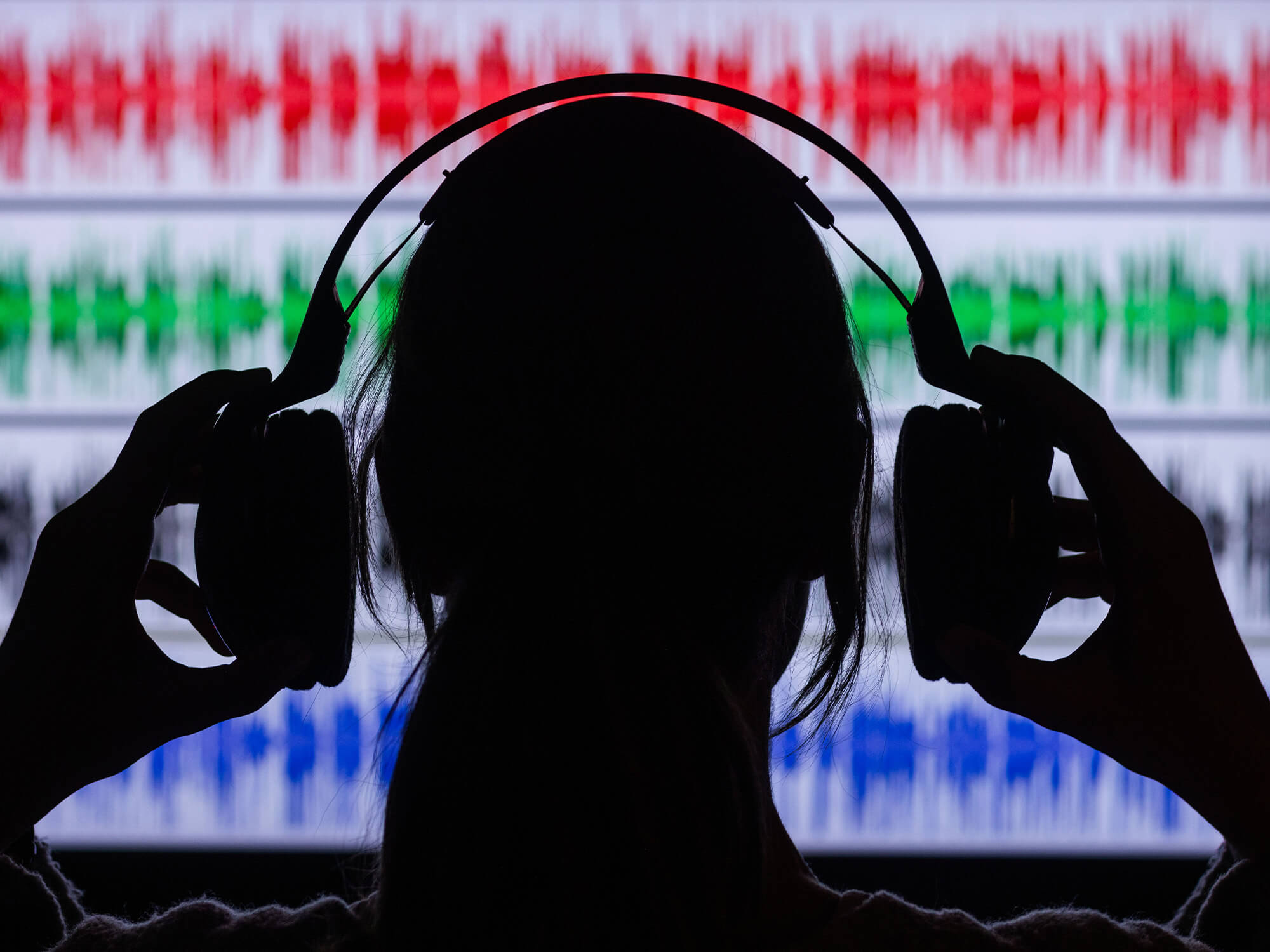Researchers find that AI can turn brain scans into music
Brain activity captured when volunteers were played a range of music was fed into Google’s AI music generator Music LM, and the results are pretty insane…

Image: Picture Alliance / Getty
Researchers have uncovered that AI can turn brain activity captured on a brain scan into music.
Google and Osaka University in Japan have published findings after some interesting results were produced when five volunteers were placed inside an fMRI (functional magnetic resonance imaging) scanner and played music as stimuli.
Over 500 tracks across 10 musical genres were played to the volunteers while they were inside the scanner, and their brain activity created images that were captured and fed into Google’s AI music generator, Music LM.
The software was conditioned on the brain patterns and responses from the individuals, and results found that the music created from the test subjects’ brain waves were similar to the stimuli they were played, as reported by Mixmag.
The report’s abstract (summary) states that “The generated music resembles the musical stimuli that human subjects experienced, with respect to semantic properties like genre, instrumentation, and mood.”
So, where do these findings lead us? In the paper’s outlook it is written that with the amount of work required to obtain fMRI signals from the brain, the researchers do not have direct applications in mind.
However, they do state: “This work has been motivated by a fundamental research question: Does the MusicLM music generation model contain components that are mirrored in the human brain, and if so, which are those? And if such connections exist, how would music sound like that is inspired by signals from the human brain.”
Last month (July), scientists at Johns Hopkins University conducted research that found we perceive silence in the same way we perceive sounds: “We typically think of our sense of hearing as being concerned with sounds,” explained lead study author Rui Zhe Goh, a Johns Hopkins University graduate student in philosophy and psychology.
“But silence, whatever it is, is not a sound – it’s the absence of sound. Surprisingly, what our work suggests is that nothing is also something you can hear.”
Read the full paper from Google and Osaka University via google-research.github.io.